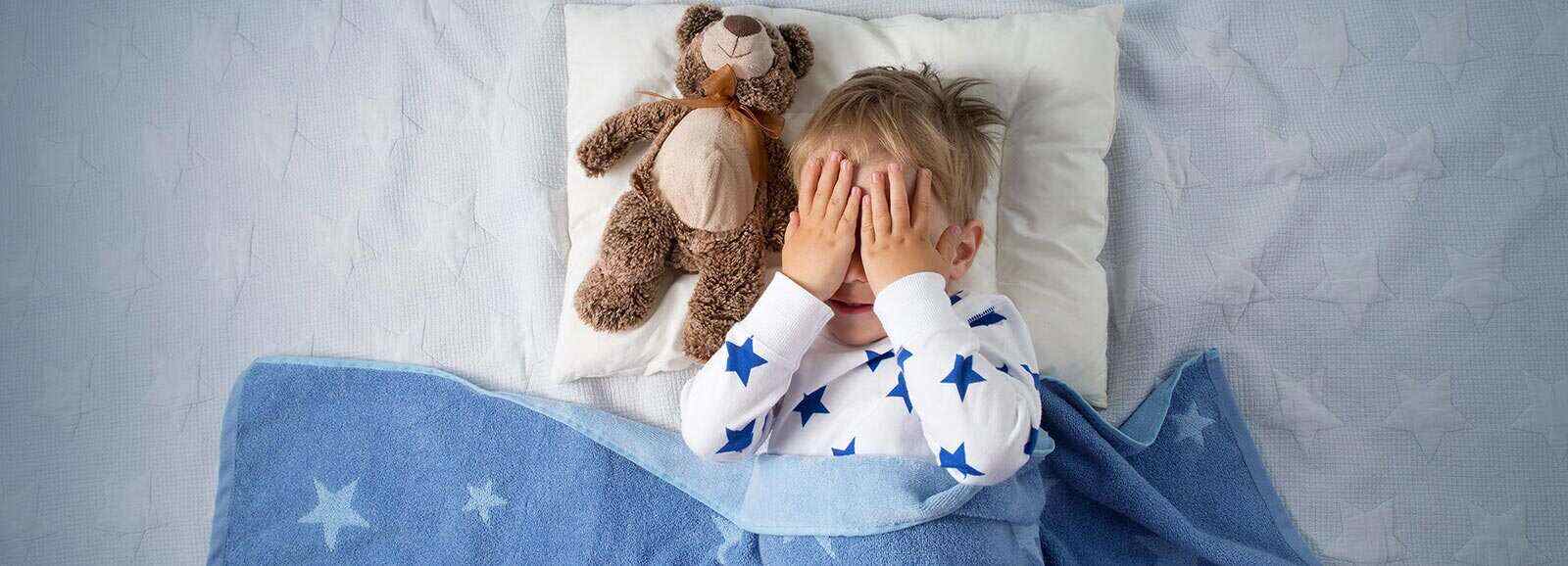Chicken pox is a viral infection in which a person develops extremely itchy blisters all over their body. It is a classic childhood disease, but can also occur in adults. It has become less common since the introduction of the chickenpox vaccine.
Signs of Infection:
Most children coming down with chicken pox show symptoms of fever, headache, sore throat, general weakness or decreased appetite before the rash appears. These initial symptoms occur about 10 to 21 days after coming into contact with the disease. The chicken pox rash develops about 1-2 days after the initial symptoms. The average child develops 250 to 500 small, itchy, fluid-filled blisters or red spots on the skin, but children with skin problems, such as eczema, may get thousands of blisters.
The blisters are usually first seen on the face, middle of the body, or scalp. After a day or two, the fluid in the blisters become cloudy and they scab or crust over.
Some children who have had the vaccine will still develop a mild case of chickenpox. They usually recover much more quickly and have only a few pox. These cases are often harder to diagnose. However, these children can still spread chickenpox to others.
Chicken Pox Treatment:
Keep the person as comfortable as possible.
Avoid scratching or rubbing the itchy areas. Keep fingernails short to avoid damaging the skin from scratching.
Wear cool, light, loose bedclothes.
Take lukewarm baths using little soap and rinse thoroughly. Try a skin-soothing oatmeal bath.
Avoid prolonged exposure to excessive heat and humidity.
Try an over-the-counter hydrocortisone cream, or calamine lotion
Soothe itchy areas with fast-acting POLYSPORIN® Itch Relief Lotion.
Call your doctor to further discuss treatment options.
Call your doctor immediately if symptoms are severe.
Prevention Tips:
A child with chickenpox should not return to school or play with other children until all chickenpox sores have crusted over or dried out.
Adults should follow this same rule before returning to work or being around others.
